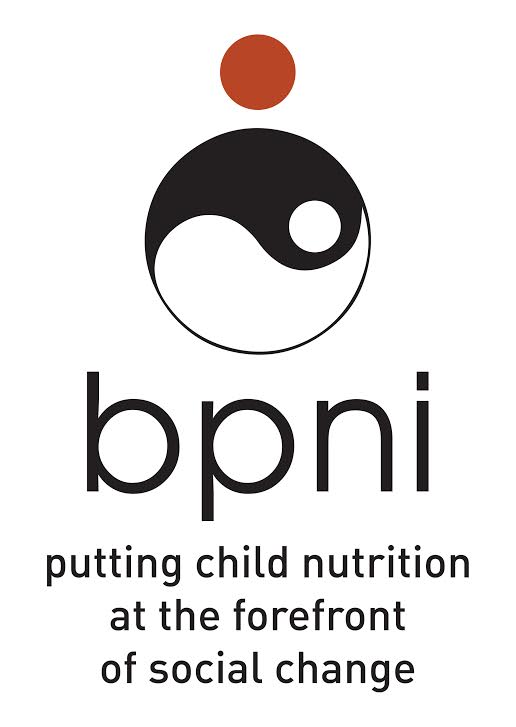Chefs or Marketers? The Need for Culinary Integrity in India
 The role of chefs as guardians of culinary traditions is under threat as some step outside their kitchens to endorse Ultra-processed food products
The role of chefs as guardians of culinary traditions is under threat as some step outside their kitchens to endorse Ultra-processed food products
Chef is defined in oxford dictionary as “a professional cook, typically the chief cook in a restaurant or hotel”.
A famous Indian Chef crossed this line few days back.It makes me ask this question,is it even ethical for a chef to indulge in marketing of Ultra-processed food products (UPFs)? UPFs are manufactured by industrial processes, which may be harmful to human health.
The role of a chef has evolved significantly over the years, transforming from the traditional kitchen expert to a public figure often seen on television, social media and consumer product advertisements. Endorsement of such food products not only dilutes the culinary profession but also misleads the public about what constitutes healthy eating.
Chefs as Culinary Guardians, Not Food Product Marketers
A chef’s primary responsibility is rooted in the art of cooking, menu planning and managing kitchen operations. Chefs are the custodians of culinary traditions and creators of new recipes. They are the ones who set quality standards in the kitchen and kitchen does not produce UPFs.
Chefs are respected for their expertise in food, their ability to create balanced meals, and their commitment to using fresh, wholesome foods and other ingredients such as spices and herbs to bring varied tastes and flavours. Industrial food product companies use chemicals as flavours, colours, additives, taste enhancers to make them palatable and attractive.
However, when chefs step beyond the bounds of their culinary expertise and venture into marketing—particularly for UPFs; they undermine the core values of their profession. Endorsing products that do not align with healthy eating, contradicts the image of chefs as promoters of good food and nutrition. This blurs the lines between culinary foods and ultra-processed food products. Science is well documented increased consumption of UPFs have strong associations to poor health including diabetes, heart disease, and cancers.
The Influence of Chefs’ Endorsement on Public Health
Chefs wield considerable influence over public eating habits. They are trusted voices in food culture, often viewed as authorities on what is good to eat. When a chef endorses a product, such as a ‘bun’ manufactured by industrial processing, the public assumes that it aligns with their culinary values and expertise. It sends mixed messages about nutrition and healthy eating.While I respect people’s personal choices of eating any food items, these should not be influenced by misleading marketing.
For example, adding millets to a highly processed burger bun does not make it healthy, just as adding fruit juice to a sugary drink doesn’t reduce its harmful effects. When chefs lend their names to such marketing gimmicks, they risk misleading consumers and contributing to public health issues, such as obesity and non-communicable diseases (NCDs), which are on the rise in India and rapidly so.
Ethical Considerations and Public Trust
The culinary profession carries a responsibility to promote healthy eating habits and respect for quality ingredients. When chefs endorse products that are in congruent with these principles, they risk damaging their reputations and the trust they have built with the public. The endorsement of ultra-processed food products appears as a blatant disregard for the values of good nutrition and culinary integrity.
Furthermore, chefs’ endorsements can exploit their popularity to drive sales, blurring the line between promoting genuine, wholesome food and marketing of UPFs. This misalignment can erode the public’s perception of chefs as champions of good, nutritious food and instead see them as mere marketers, which could be a long -term loss to the society.
The Need to Uphold Culinary Integrity
Chefs , therefore should consider it their duty to advocate for authentic, minimally processed foods, not just as a matter of professional integrity but also seeing themselves as leaders in enhancing public health.
Chefs as public figures should remain committed to their primary role of enhancing the food experience, nurturing culinary traditions, and inspiring healthier eating. They are uniquely placed to influence positive change in public eating habits. It is their popularity being exploited by the UPF corporations. When diet-related diseases are at the forefront of national health concerns, this is not fair.
Globally, some chefs have avoided product endorsements to maintain their integrity. Late Mr. Anthony Bourdain is known for his critical stance on celebrity chefs endorsing unhealthy food products. He was committed to culinary integrity and his disapproval of chefs crossing into marketing products.I hope Chefs in India would agree with him in principle.
To maintain their integrity and uphold the values of the culinary profession, chefs should avoid endorsements that contradict their role as advocates of quality, nutritious food.
In conclusion, Chefs could lead by example and protect food cultures of India by resisting corporate endorsements of UPFs and focusing on authentic culinary values. Media specifically, and public in general, should engage in such discussion and criticise endorsements of harmful foods.
Chefs, stay in the kitchen—not in the marketing boardroom. The public’s health depends on it.
Dr Arun Gupta , is a pediatrician, convener of Nutrition Advocacy in Public Interest(NAPi).
